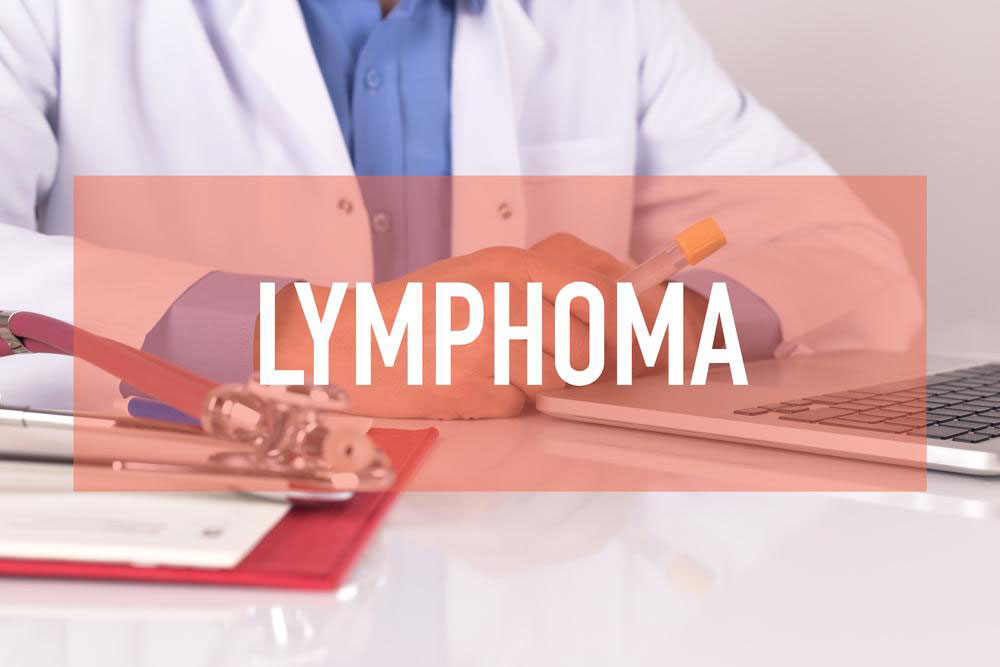Non Hodgkin Lymphoma treatment – Symptoms, causes and more explained
There are many kinds of diseases that people battle with on a daily basis, and cancer is one such life-threatening disease which can create a host of complications in one’s life. There are many different kinds of cancer that can affect various organs and parts of the body. Non Hodgkin Lymphoma cancer is a kind of cancer which can be found in the lymphatic system of the body. Read on to know more about this condition.

• Causes: This tumor basically develops in the white blood cells of the body’s lymphatic system. This happens when the body produces too many of these kind of white blood cells which are known as lymphocytes. It is common knowledge that the cancer cells are abnormal cells that develop in a certain organ, and the same goes for this kind of cancer too. This can begin in the B Cells or even the T Cells. The B cells contain antibodies that fight infections and they usually work towards making foreign bodies neutral so that any infection does not take place. T Cells are the ones that directly kill the invader antibodies that may cause health problems. When these cells multiply to a great extent, they become abnormal cells which can cause Hodgkin Lymphoma cancer.
• Spread and Risk Factors: This kind of cancer can spread from the lymphatic system to various others and cells of the body, which may cause further complications. Further, there are a number of risk factors that are associated with the rise and spread of this disease. The growth of these abnormal cells may happen when you take too many medications that end up suppressing the immunity and the way the immune system of your body works. Also, exposure to harmful chemicals and old age are also some risk factors that may trigger the start of this disease.
• Diagnosis: The general physician will usually refer you to an oncologist once the initial symptoms have been recognized. The oncologist will then conduct numerous tests so as to detect the problem. From lab tests that will study the blood and urine samples, to a biopsy based on a sample lymph node extracted from your body, and imaging tests like MRI and CAT scans, there are a number of ways to test and diagnose the disease.
• Treatment: The doctor will basically look for cells in the bone marrow during the diagnosis phase. The extent of the same will help in deciding what kind of treatment method is to be adopted. Stem cell transplant is one of the main methods that many doctors make use of, and it is highly advisable to bank the stem cell of the baby upon delivery so that diseases like this may be effectively treated. Apart from this, radiation and chemotherapy may also be conducted by the oncologist, depending on the spread of the disease. In many cases, the doctor may not carry out treatment instantly because the progression of this disease is usually very slow.


